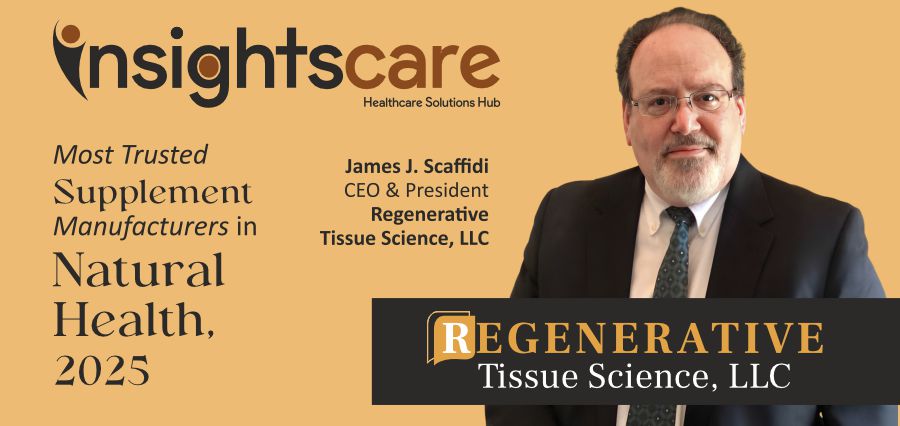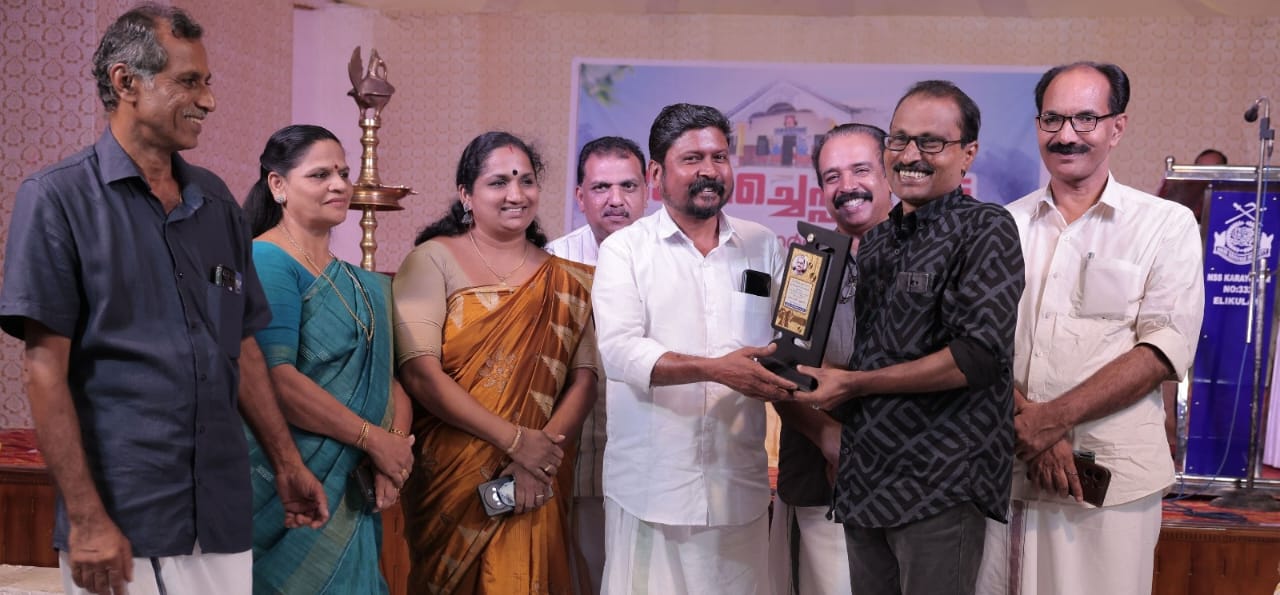Mentorship and Development
The healthcare industry is rapidly growing and with this growth, the role of Chief Medical Officers (CMOs) is also evolving. They are progressing to become influential mentors shaping the future leaders. This mentorship not only promotes professional growth but also addresses critical challenges facing the healthcare industry today.
Between Experience and Innovation
The new generation of CMOs are uniquely poised to bring a perspective to mentoring-from their vantage point having viewed the evolution of health care from both clinical and administrative perspectives. Their scope encompasses key areas: metrics for quality, protocols of safety for patients, and bringing new technologies into medicine.
This scope of experience, therefore, makes such people invaluable resources for newly hired early-career physicians that they must balance clinical excellence with organizational leadership.
Impact in Mentorship
Strategic Leadership Development
The healthcare environment is now calling for clinician leaders who have to navigate complexities of different organizational structures while staying focused on clinically excellent practice. CMOs mentor and guide a mentee with the knowledge of building a few main skills, such as:
- Creating emotional intelligence about teamwork
- Mastering strategic communication over departments
- Ability to deliver data-driven choices that marry quality care delivery with appropriate operational efficiency.
- Managing Diverse Stakeholder Relationship
Navigating through Career paths
For most leaders at early stages of practice, the journey to leadership is not clearly defined. The CMO mentor clarifies alternative career paths and helps enlighten the individual on aspects such as:
- Specialized training in leadership
- Advanced certification
- Strategic role changes
- Professional networking
- Real-world Problem Solving
One of the most significant assets a CMO provides is their practical wisdom earned through direct experience. It may be:
- Crisis management
- Organizational change
- Balancing competing priorities
- Innovative solutions to systemic challenges
Educational Infrastructure
Structured mentorship is an essential component of leading healthcare organizations, and most have created formal programs to encourage the development of these relationships. For instance, the AAPL’s CMO Academy matches experienced executives with emerging leaders in a structured curriculum from financial management to quality improvement initiatives.
Measurable Impact
The ripples of successful CMO mentorship far surpass personal career development. Healthcare organizations report:
- Improved clinical outcomes in departments led by mentored physicians
- A better employee retention rate
- Quality improvement programs’ execution would be better
- Integration of technology and process improvements
- Inter-departmental collaboration
Anticipated Future Challenges
Healthcare is bound to face a lot of challenges that start from physician burnout up to the disruption of traditional technologies. In such a scenario, the role of a CMO as a mentor is indispensable. The relationships are of great value in preparing the future generation for the challenges arising from the integration of AI and digital health solutions in addition to the evolution of value-based care models:
- More emphasis on preventive and population health
- Changing healthcare delivery models
- More complexity in administration
Sustainable Leadership Development
Visionary healthcare organizations are embedding mentorship into their organizational DNA. Many have established formal programs that pair emerging leaders with experienced CMOs, thereby providing a steady pipeline of well-prepared healthcare executives.
Future Directions
As healthcare continues to evolve at an ever-accelerating pace, the role of the CMO as mentor will likely continue to grow. Future focus areas may include:
- Implementing emerging technologies
- Health equity strategies
- Crisis leadership
- Innovative care delivery models
- Interdisciplinary collaboration
A good CMO-mentor relationship is more than professional development; it’s an investment in the future of healthcare. The experience and wisdom shared by today’s CMOs will build a new generation of leaders who will face tomorrow’s healthcare challenges with confidence and skill.
It is through these mentoring relationships that CMOs not only pass knowledge but also help build a resilient, adaptive, and effective future healthcare system. As the healthcare landscape continues to evolve, so will the value of these mentoring relationships: grooming the next generation of health leaders in preparation to face any challenges that may arise.









